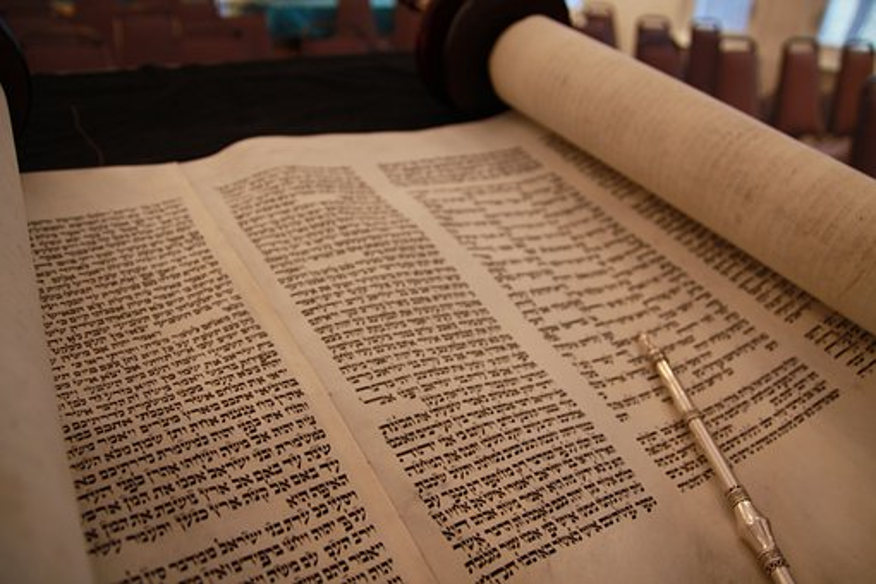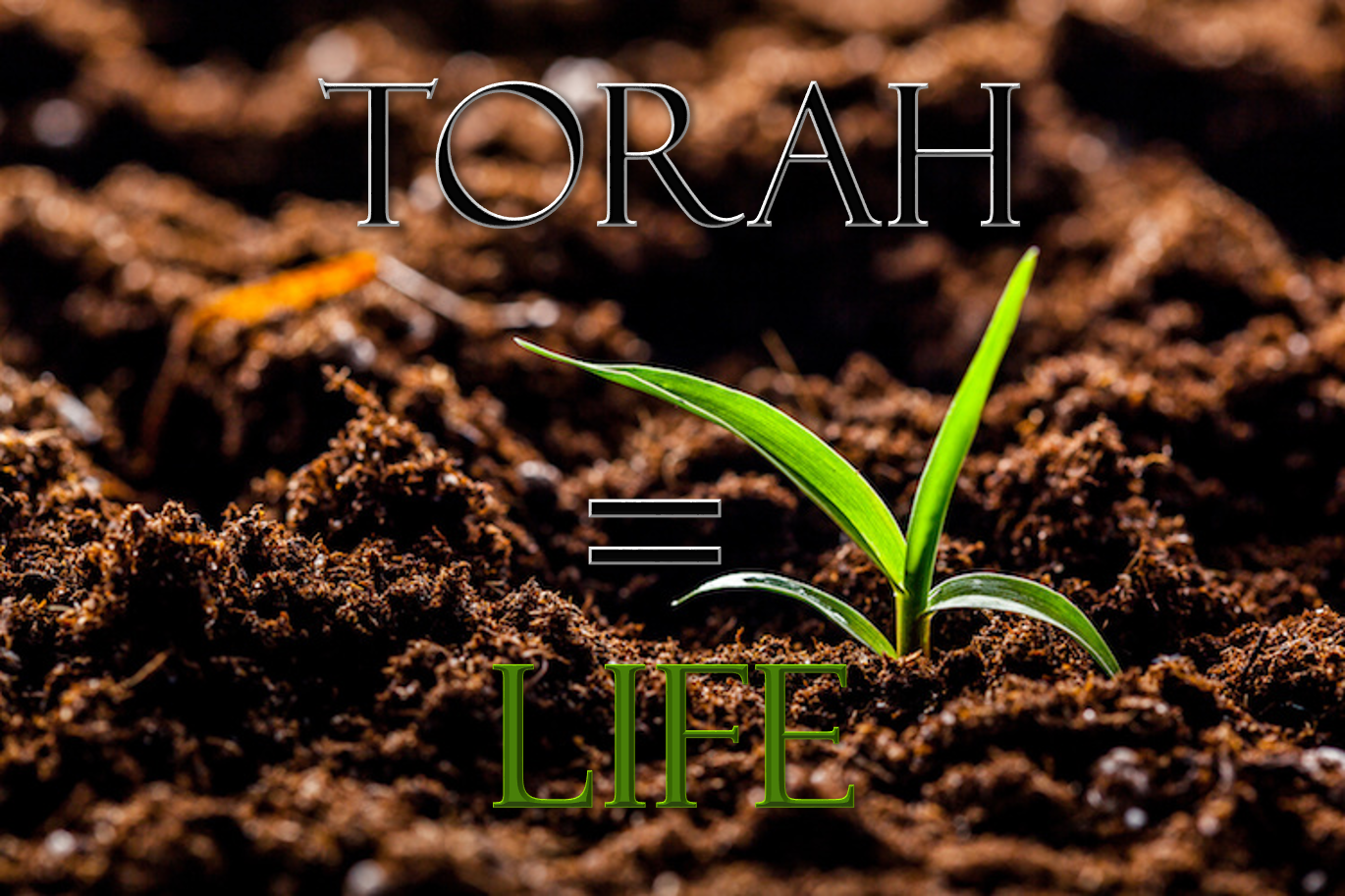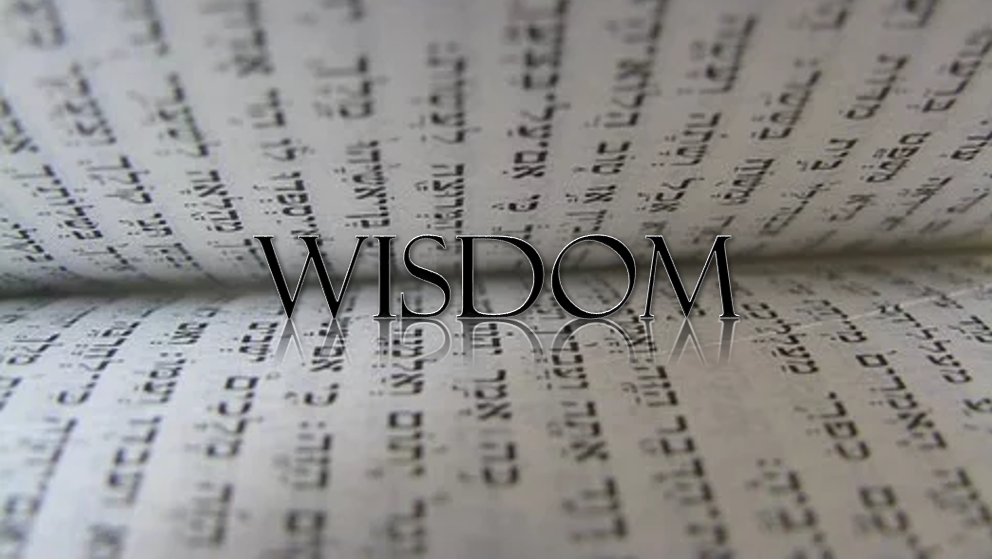What is Torah?

If you’re new to Torah, never heard of the word or have had a misconception of what it is, this article is for You!
Raised as a “Baptist Christian”, I didn’t even know what that meant! All I could figure was that I was a Christian who was baptized, that is, once I was baptized. Does that mean that before I was baptized, I was just a Christian? All that aside, Torah, what is that? I’ve never heard of it! At least, not by that name.
The Torah in the “African American Christian World” I grew up in, was known as “that ol’stuff” in the “Old Testament”. In a more general Christian sense, Torah is known as “the law”, as in the Old Testament law, that we no longer have to do. Both understandings are flawed. The Torah, in actuality, is truly incredible and cannot be fully defined in one paragraph let alone one article. It’s my personal thought that the Torah can’t even be learned in any less than an entire lifetime.
So, what is it???
It is a multi-faceted, multiple layered masterpiece coming straight from “The Creator of All Things!” What we aim to convey is an initial understanding of its importance to US, striving to live a Kingdom Life in today’s world. On a simplified level the Torah is “The Word of God”. This well-known phrase immediately makes most think of the Messiah. Most know him as Jesus, but more Hebraically Yeshua, Yahusha or even Yesu are accepted by many as pronunciations of his name. He indeed is a topic we’ll get into, but “The Word of God”, “Dabar Ha Elohim” in Modern Hebrew, can be understood as a very literal definition of Torah.
Our Creator spoke many things to many people throughout scripture, but most notably He spoke the Torah to Moses. This is significant because the words Our Father spoke to Moses, were the contents of the covenant or binding agreement with Israel, His Kingdom! The general public would refer to this occurrence as the giving of the Ten Commandments. However, the content on the two tablets, weren't just 10 simple does and don'ts, they were the entire Torah.
Even deeper still, as stated, Father spoke to many people throughout scripture and Torah was given out prior to Moses' trip to the Mountain top. In the book of Genesis, chapter 2 verse 16, it states that Adam was verbally commanded what to eat and what not to eat. Would you call that an instruction?
The key here is that the Hebrew word Torah means “teaching” and or “instruction.” It comes from the Hebrew root word Yarah, which means “to cast” or “shoot forth”, as in pointing out instructions to teach someone by using your pointer finger. Has anyone every given you instructions by literally pointing you in the right direction?
Torah, is the Word of God!
The Torah, as the spoken word of Our Creator, is not subject to only the covenant given to Moses for Israel. It is in fact, any instructions or teachings He gave throughout scripture. This is one reason why the term Torah can be used when talking about various aspects of scripture. The first five books of scripture are called the Torah because Moses was the scribe who was tasked to write the words of Elohim down in those five books. The entire “Old Testament” or Tanak in Hebrew, is called Torah, because all the things Israel did once they were established as a kingdom, were founded on the contents stated in the Torah. Likewise, contrary to popular belief, the “New Testament”, which continues the story of the kingdom, must be grounded in that which precedes it. Thus, the entire scriptures can also be referred to as the Torah.
Why is the Torah Important?
Why is the Torah important? There are two points we should emphasize in order to answer this question. First, the purpose of the Torah.
Deuteronomy 4:1 “Now, Isra’el, listen to the laws and rulings I am teaching you, in order to follow them, so that you will live; then you will go in and take possession of the land that hwhy, the God myhla (Elohim)of your fathers, is giving you.
Deuteronomy 5:30 (33) You are to follow the entire way which hwhy your God myhla (Elohim) has ordered you; so that you will live, things will go well with you, and you will live long in the land you are about to possess.
In both these verses the focal point is that Israel will live. This highlights the fact that the Torah, the instructions and teachings of the Creator of all things, are for Life! That’s right the Torah is Life! To give life to the Kingdom, that is the purpose of the Torah. That’s the first of our two points.
Our second point is, that the Torah specifically given to Moses was/is an ancient covenant document. This document served as what we in America would call the constitution. That’s right, it is the binding establishment of the Kingdom. It’s the record of its foundation. This is our second reason why the Torah is important to us.

OK, Let's Learn Torah!?
Now, with just the initial understanding that the Torah is so many things you may be ready to dive in headfirst! Although, that enthusiasm is definitely the goal, it is critical that we are wise in our approach.
“That Bible is written for us…but it is not written to us (not in our language or in the context of our culture)…This means that if we are to interpret Scripture so as to receive the full impact of God’s authoritative message, we have to set our cultural river aside and try to understand the cultural river of the ancient people to whom the text was addressed.” Walton, J. H. (2019). The Lost World of the Torah: Law as Covenant and Wisdom in Ancient Context
How we view scripture in today’s world is grossly out of context and void of cultural understanding. If we go into our Torah learning with a lack of either of these two factors, we can run into disaster. From personal experience, I’ve witnessed many brothers and sisters misusing and or misapplying various parts of Torah never considering context or culture. The fact is, as we learn Torah, we must constantly be willing to relearn not just words and definitions but even principle concepts that we may find to be in error.
For example, the Torah is an ancient covenant document between the Creator and His Kingdom. It is a constitution, a record of establishment for the nation of Israel. It is legally binding by its ancient contemporaries. This is part of the origin of its stigma as “law”. However, our understanding of law by today’s modern definition and the ancient understanding of law, is not the same. A final quote from Professor Walton states,
“The term Torah is universally acknowledged to refer to instruction. In fact, there is no Hebrew word for “law” (= legislation), and now it can be seen that the reason for this is that the ancient societies were not legislative societies. There is nothing like codified, prescriptive legislation in their experience.”
Torah is binding yes, but is it legislation? No, not like we know it today. Our modern view of law has developed over some time but still differs greatly from that of the ancient biblical world. Establishing order via wisdom was priority in the ancient world. This is confirmed in Proverbs 4:7.
Proverbs 4:7 Wisdom is the principal thing, therefore get wisdom and with all thy getting get understanding.
Could Torah also be wisdom?

Welcome to Torah!!!
This was just an introduction to Torah. There is so much more, but for a quick recap Torah is; the Word of Elohim, which Establishes the Kingdom and Promotes Life! Torah, is the Instructional Wisdom of the Creator of All Things, given to maintain a loyal relationship with Him. The Torah is the foundation of all Scripture, and that’s just the basics.